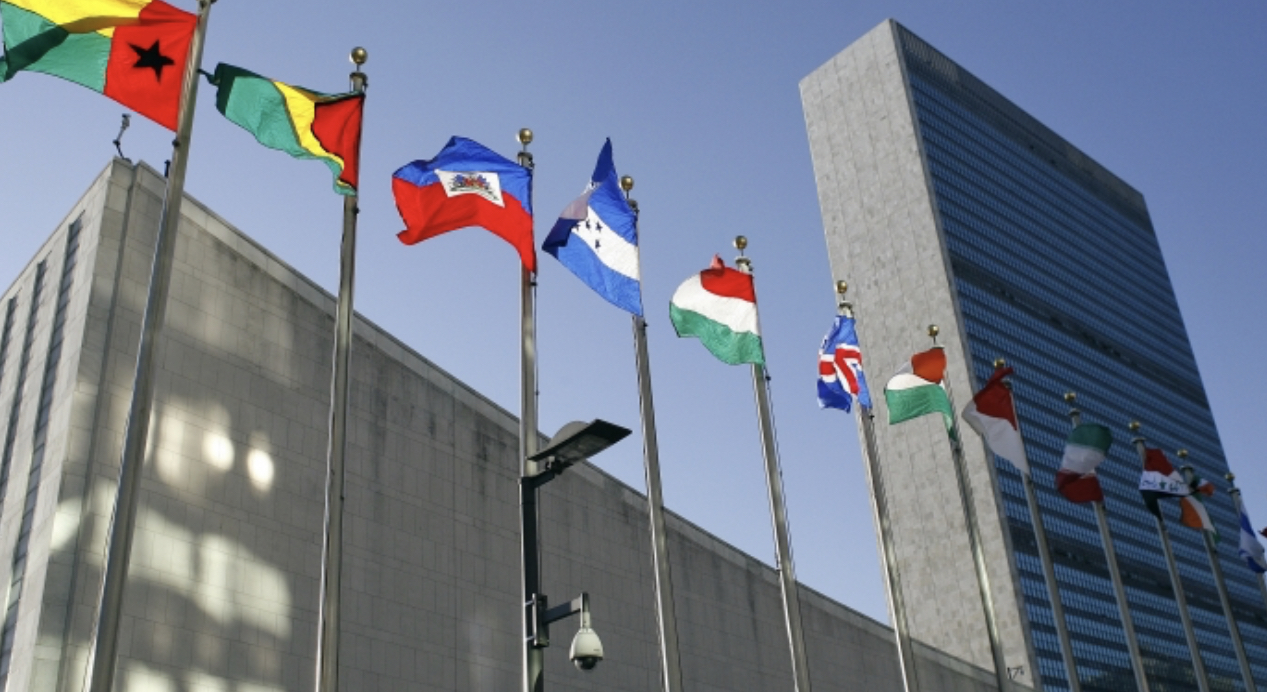In a joint statement presented to the Third Committee of the General Assembly this week, 71 countries (listed below) highlighted that the UN must ensure that civil society organisations and human rights defenders who wish to engage with the UN are able to do so without fear of reprisal or intimidation. That same week the Assistant Secretary-General in his mandate as the senior official on reprisals held an event to discuss the annual reprisals report of the Secretary General.
This welcome move led by the Permanent Mission of the United Kingdom to the UN is in line with the call made, just last month, in resolution 42/28 at the Human Rights Council for the General Assembly to remain seized of all work in this area.
‘The statement highlighted that beyond the immediate impact on victims, these acts of intimidation and reprisals undermine the credibility and effectiveness of the UN as a whole, including the human rights system,’ said ISHR’s Tess McEvoy.
The integral role played by civil society and human rights defenders in encouraging openness, transparency and dialogue between people and those in power was also acknowledged.
While highlighting positive steps that have been taken by the UN, including the Secretary-General’s annual report on reprisals and the work done by the Assistant Secretary-General in his mandate as the senior official on reprisals, the 71 countries strongly condemned any act of intimidation and reprisal, whether online or offline, against individuals and groups who cooperate or seek to cooperate with the UN, and expressed alarm about the growing number of cases.
‘While positive responses by some States to cases of reprisals were acknowledged, critically, the statement acknowledged the primary obligation of States to prevent and address reprisals. Moreover, all States were called on to prevent and ensure adequate protection against such acts by raising awareness, investigating and ensuring accountability and effective remedy by both State or non-State actors,’ added McEvoy.
The statement also made clear the duty of the UN to address reprisals and called on the UN to strengthen the collective response to reprisals.
While we welcome this statement and the leadership of the United Kingdom as a step towards enhanced dialogue on the issue of reprisals at the General Assembly, more needs to be done to protect the right of everyone to communicate with the UN. We echo previous calls for States to step up efforts to address reprisals, including by referring to specific cases during future dialogues at the UN.
The full statement as delivered is available here. The statement was made by the United Kingdom on behalf of Afghanistan, Albania, Andorra, Australia, Austria, the Bahamas, Belgium, Bosnia and Herzegovina, Bulgaria, Canada, Chile, Colombia, Costa Rica, Croatia, Cyprus, the Czech Republic, the Dominican Republic, Denmark, Ecuador, El Salvador, Estonia, Fiji, Finland, France, Georgia, Germany, Greece, Guatemala, Iceland, Ireland, Italy, Japan, Jordan, Latvia, Lebanon, Liechtenstein, Lithuania, Luxembourg, Malta, the Marshall Islands, Mexico, Monaco, Mongolia, Montenegro, the Netherlands, New Zealand, North Macedonia, Norway, Panama, Poland, Portugal, the Republic of Korea, the Republic of Moldova, Romania, Samoa, San Marino, Seychelles, Slovakia, Slovenia, South Africa, Spain, Sweden, Switzerland, Tunisia, Turkey, Tuvalu, Ukraine, the United States, Uruguay and Vanuatu.
Contact: Tess McEvoy, [email protected] and Madeleine Sinclair, [email protected]
Photo: ISHR




